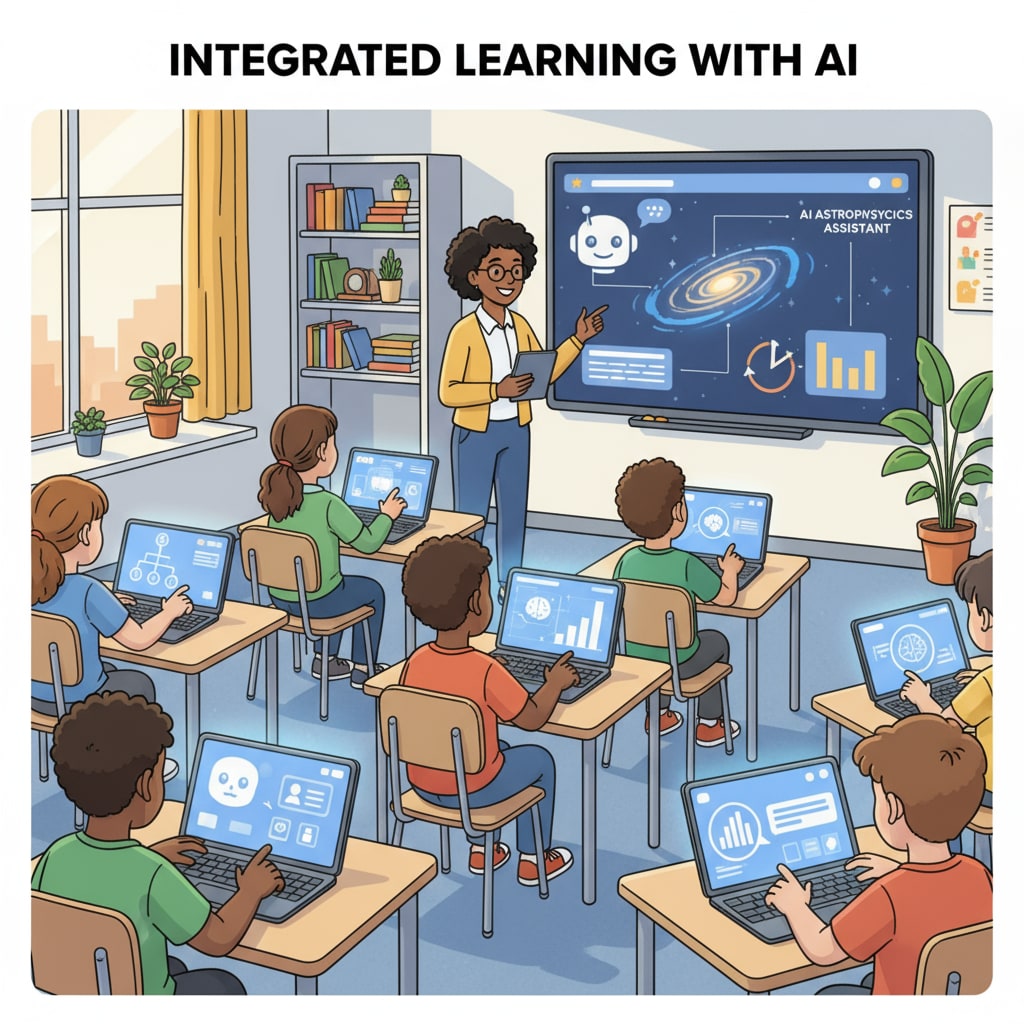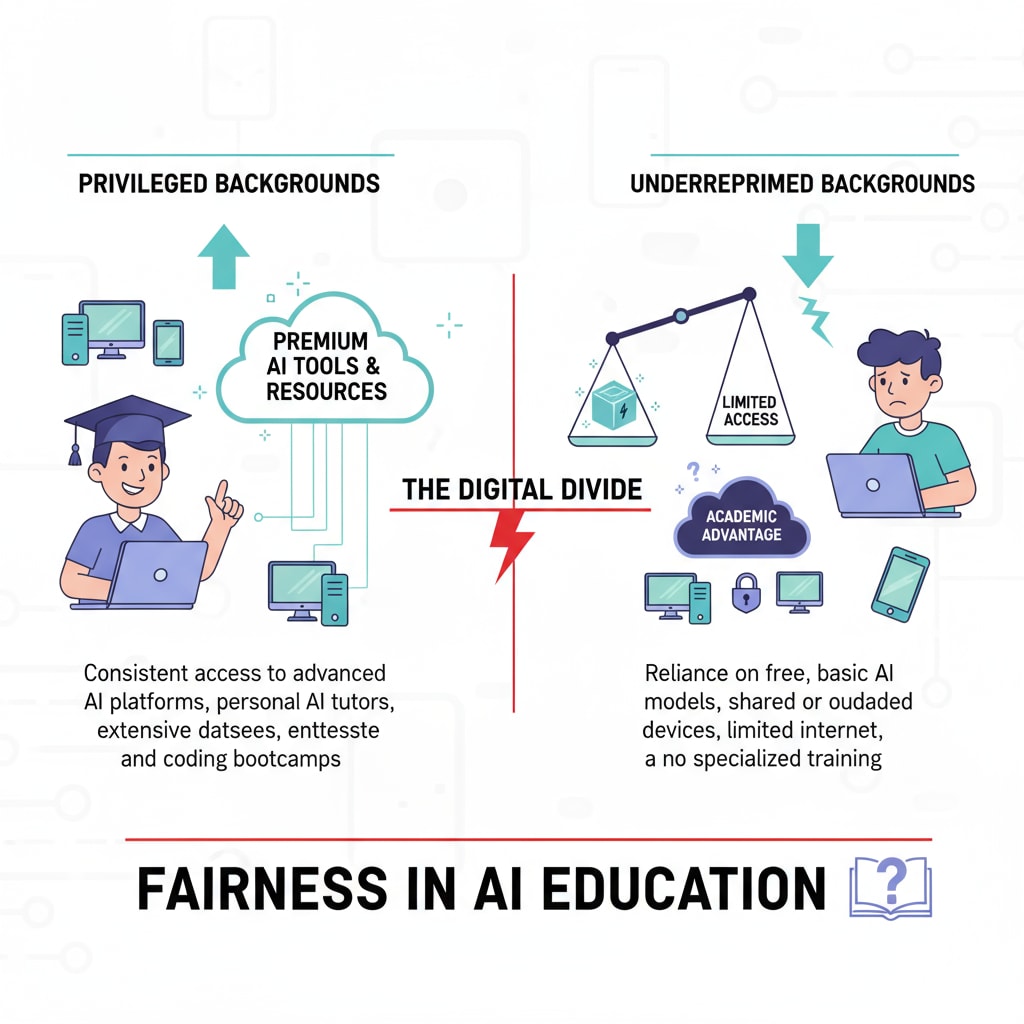AI policies, academic integrity, and skill value are at the forefront of discussions as artificial intelligence infiltrates the academic environment. The widespread use of AI in education, especially in K12, presents both challenges and opportunities.

As AI becomes more integrated into the learning process, questions about fairness and the true worth of skills are emerging.
The Fairness Quandary
The integration of AI in academic settings raises significant fairness issues. Not all students have equal access to AI tools. For example, students from disadvantaged backgrounds may lack the necessary resources, such as high-speed internet or devices, to fully utilize AI in their studies. This digital divide exacerbates educational inequalities. According to UNICEF’s digital education report, disparities in technology access can lead to uneven learning opportunities. In addition, some students may be more proficient in using AI due to prior exposure or family support, while others struggle to keep up. This creates an unfair playing field in academic evaluations.

Redefining Skill Value
AI is also redefining the value of skills in academia. Traditional academic skills like research, writing, and problem-solving are being challenged. With AI tools capable of generating essays and solving complex problems, the question is whether these skills still hold the same value. However, it’s important to note that true understanding and critical thinking cannot be replaced by AI. As stated in ASCD’s report on learning in the age of AI, educators need to focus on cultivating skills that are uniquely human, such as creativity, emotional intelligence, and ethical decision-making. These skills are essential for students to thrive in a world where AI is prevalent.
To address these issues, clear AI policies are needed. Institutions should develop guidelines on the appropriate use of AI in academic work. This includes setting boundaries on when and how AI can be used, as well as ensuring academic integrity. By establishing these policies, educators can help students navigate the new landscape of learning and maintain the integrity of the academic system. In conclusion, while AI brings innovation to education, it’s crucial to balance its use to safeguard fairness and uphold the true value of skills in the academic environment.
Readability guidance: This article uses short paragraphs and lists to summarize key points. Each H2 section provides a clear set of ideas. The proportion of passive语态 and long sentences is controlled, and transition words are used throughout to enhance readability.


